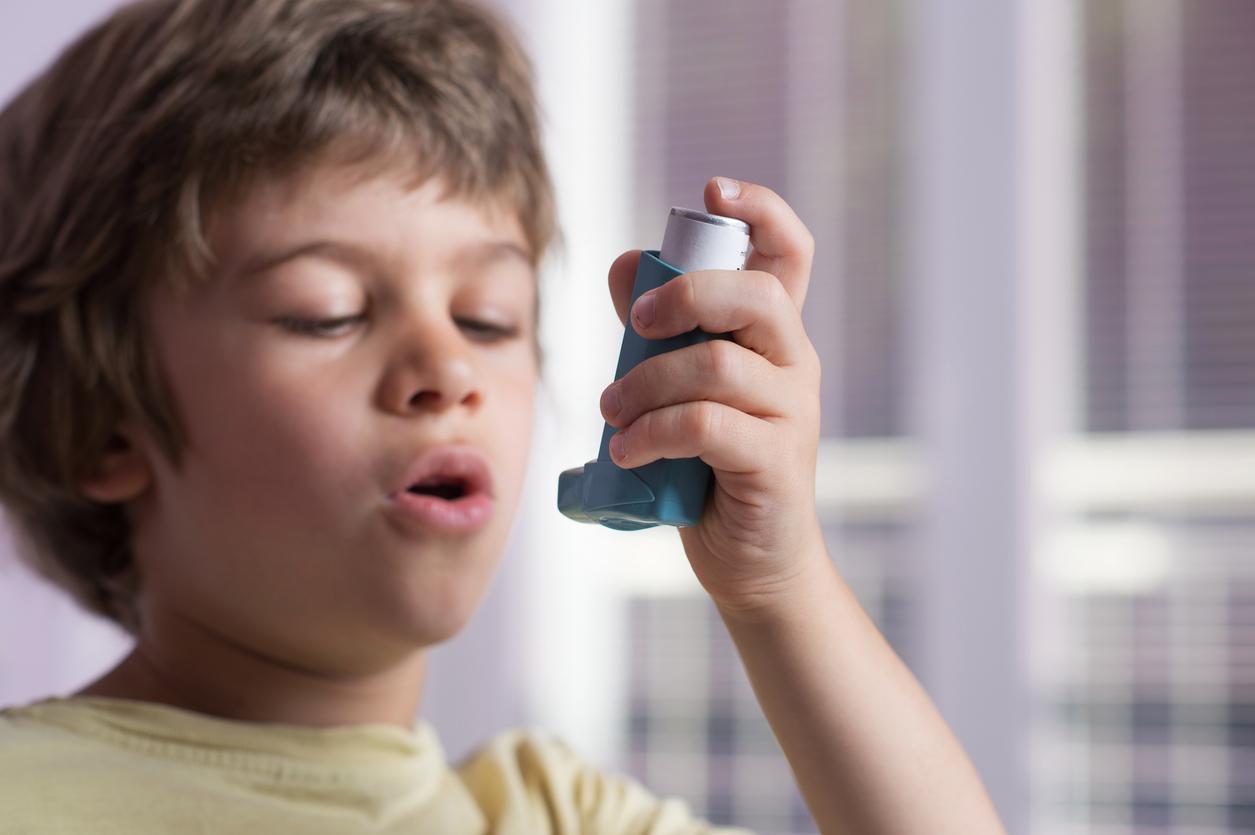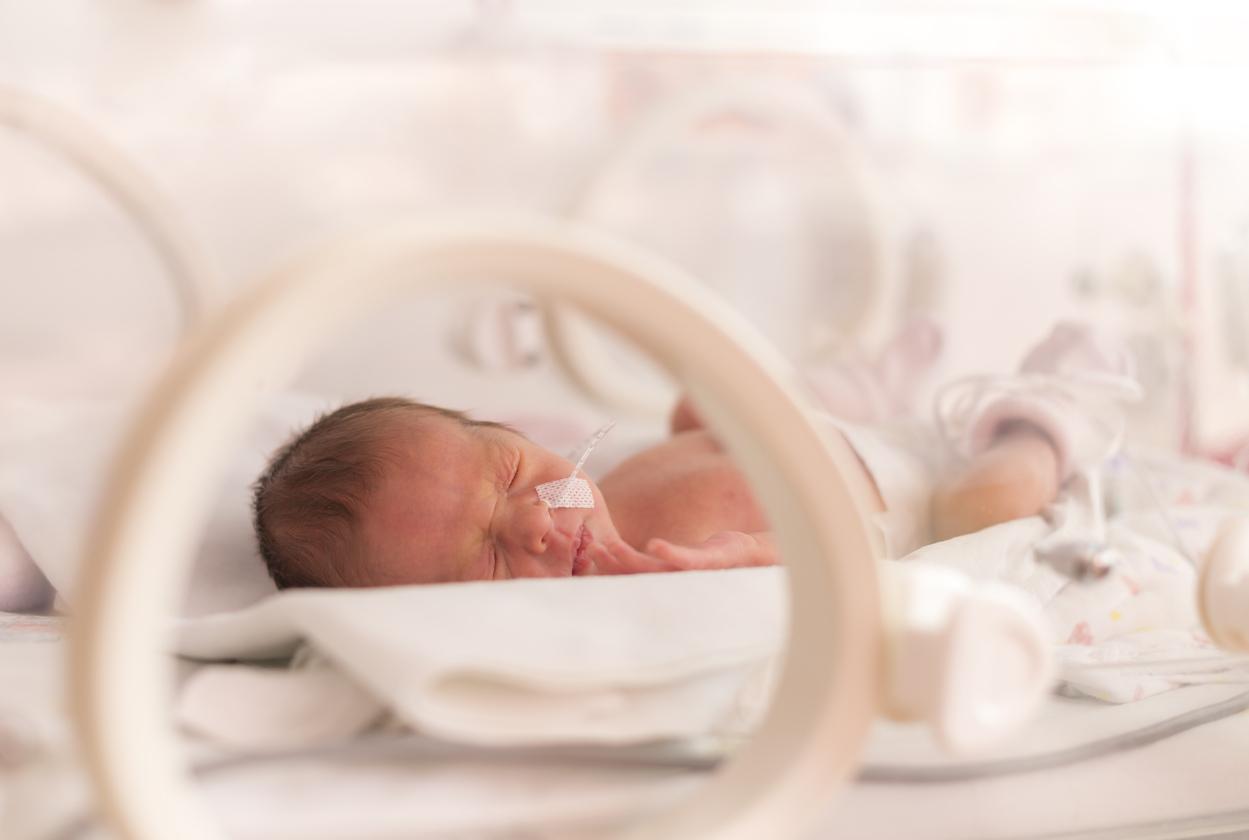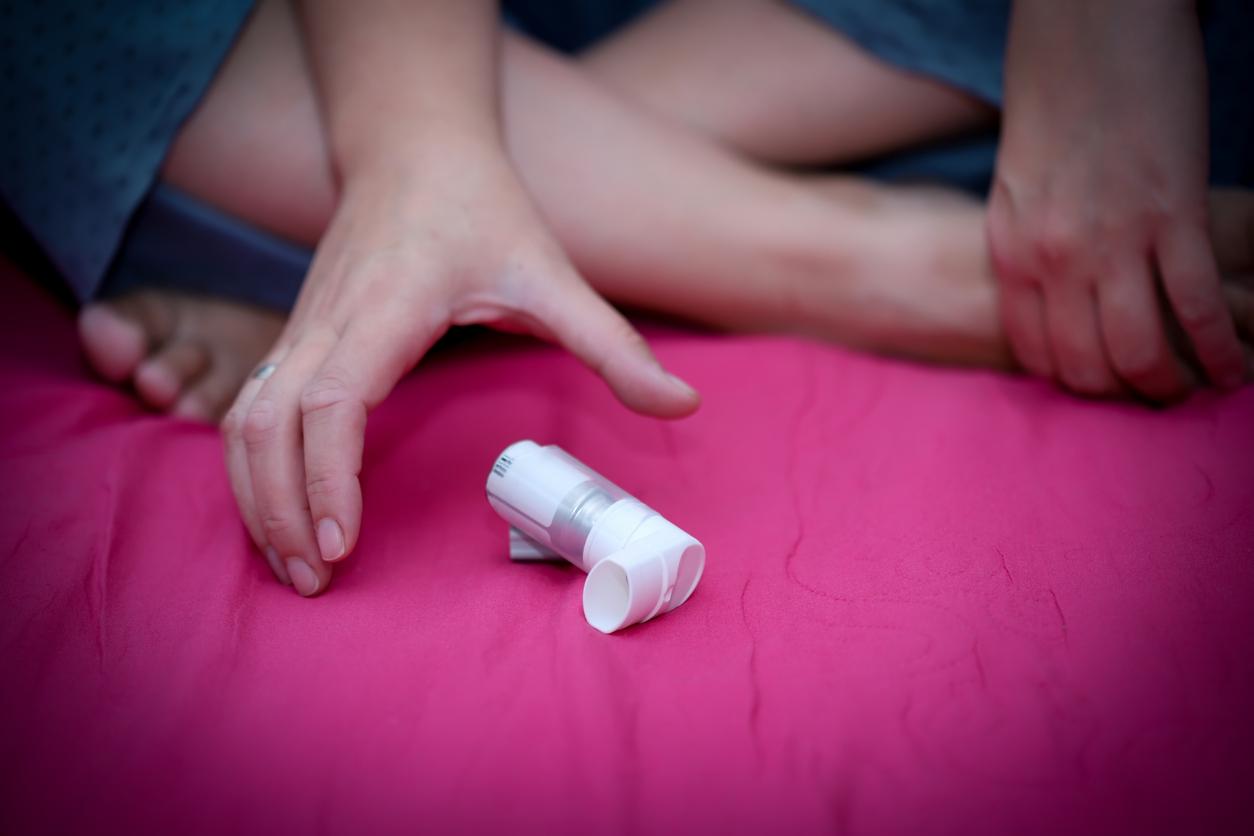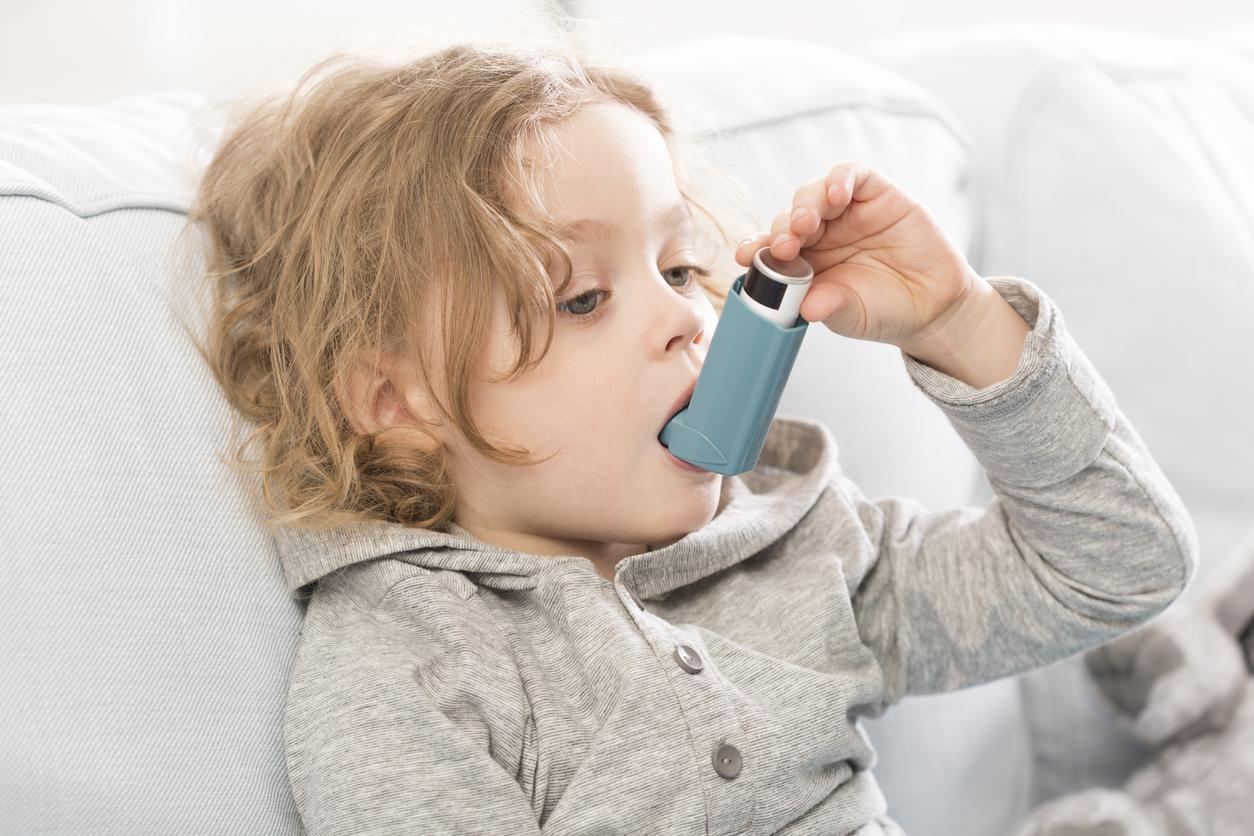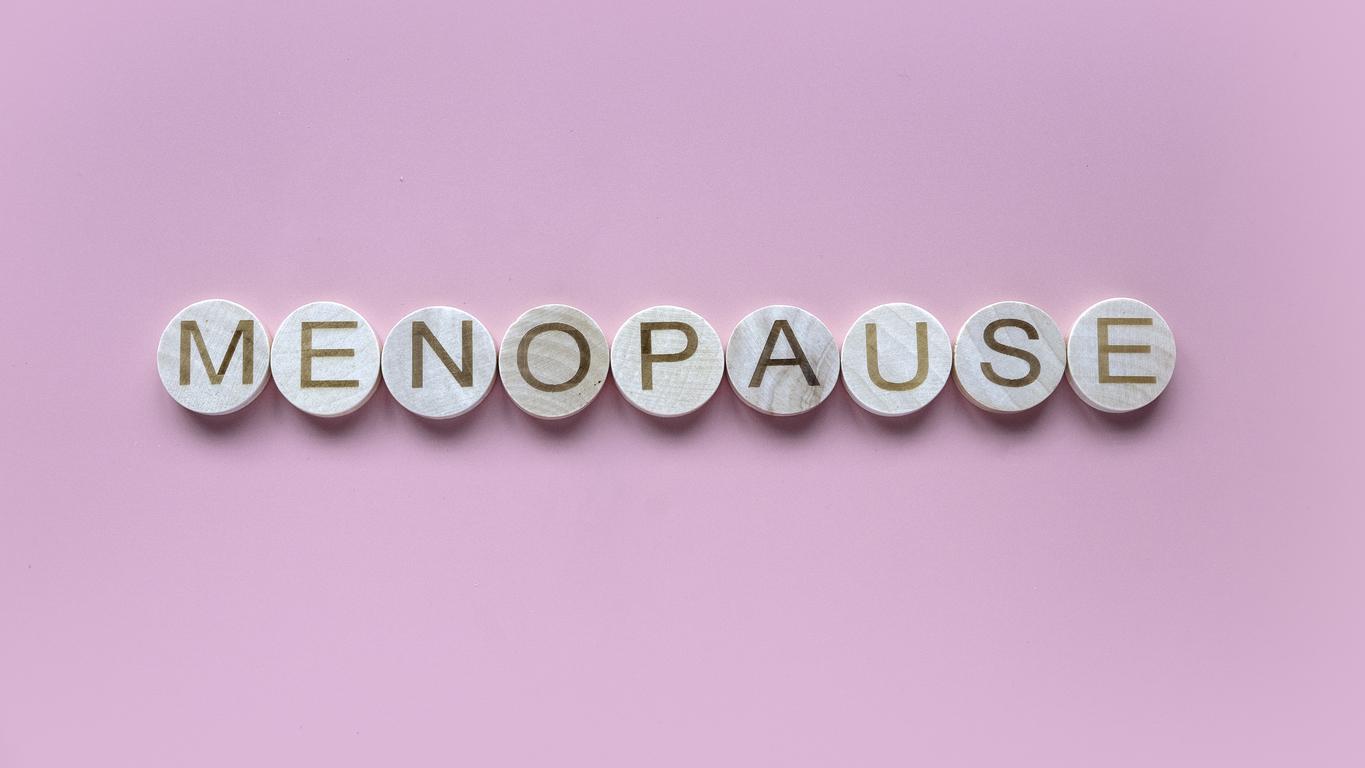Babies born in the fall or winter are more likely to develop asthma or allergic rhinitis as they grow up, according to a study conducted in Finland.

- Being born in fall or winter is associated with an increased risk of asthma or allergic rhinitis, a new study finds.
- Conversely, being born in summer was linked to lower incidence of asthma and allergic rhinitis.
- The researchers speculate that this may be related to seasonal variations in light levels, vitamin D metabolism, vegetation and air pollution that affect immunological responses.
Your birth may well have an impact on your respiratory health. A study conducted by the University of Eastern Finland, the University of Helsinki and Helsinki University Hospital claims that the season of birth – particularly those occurring in autumn or winter – is associated with allergic rhinitis and asthma.
The study was published in the journal Clinical and Translational Allergy.
Fall and winter babies have increased risk of asthma
To determine whether the season of birth could impact the airways in adulthood, the researchers reviewed the medical records of 74,868 patients who visited a hospital in the Helsinki and Uusimaa district between 2005 and 2019. The analyses showed that the proportion of asthmatics was 43.1% among those born in winter. It was 42.7% in the autumn group, 42.1% in the spring group and 41.1% in the summer group.
Patients with pollen allergy were also more numerous among births in winter (12.6%), autumn (12.1%) and spring (12%) than those in summer (10.7%).
“Using summer as a reference, we found that being born at another time of year was significantly associated with allergic rhinitis, and being born in autumn or winter was associated with asthma.”explains Sanna Salmi from the University of Eastern Finland in a press release.
To explain the discovered link, the researchers suggest that it could be influenced “by seasonal variations in light levels, vitamin D metabolism, vegetation and air pollution, which affect allergenicity, immunological responses, as well as the risk of allergic rhinitis.”

No link between month of birth and chronic rhinosinusitis
The study also looked at whether the time of birth also had an impact on the risk of chronic rhinosinusitis or respiratory diseases exacerbated by NSAIDs (nonsteroidal anti-inflammatory drugs). But for both conditions, the scientists found no statistically significant association with birth date.
“Our results may suggest that the pathogenesis of chronic rhinosinusitis and NSAID-exacerbated respiratory disease is less dependent on these early life events.”says Prof. Salmi. The expert adds, however, that further research on larger cohorts is needed to confirm this.








